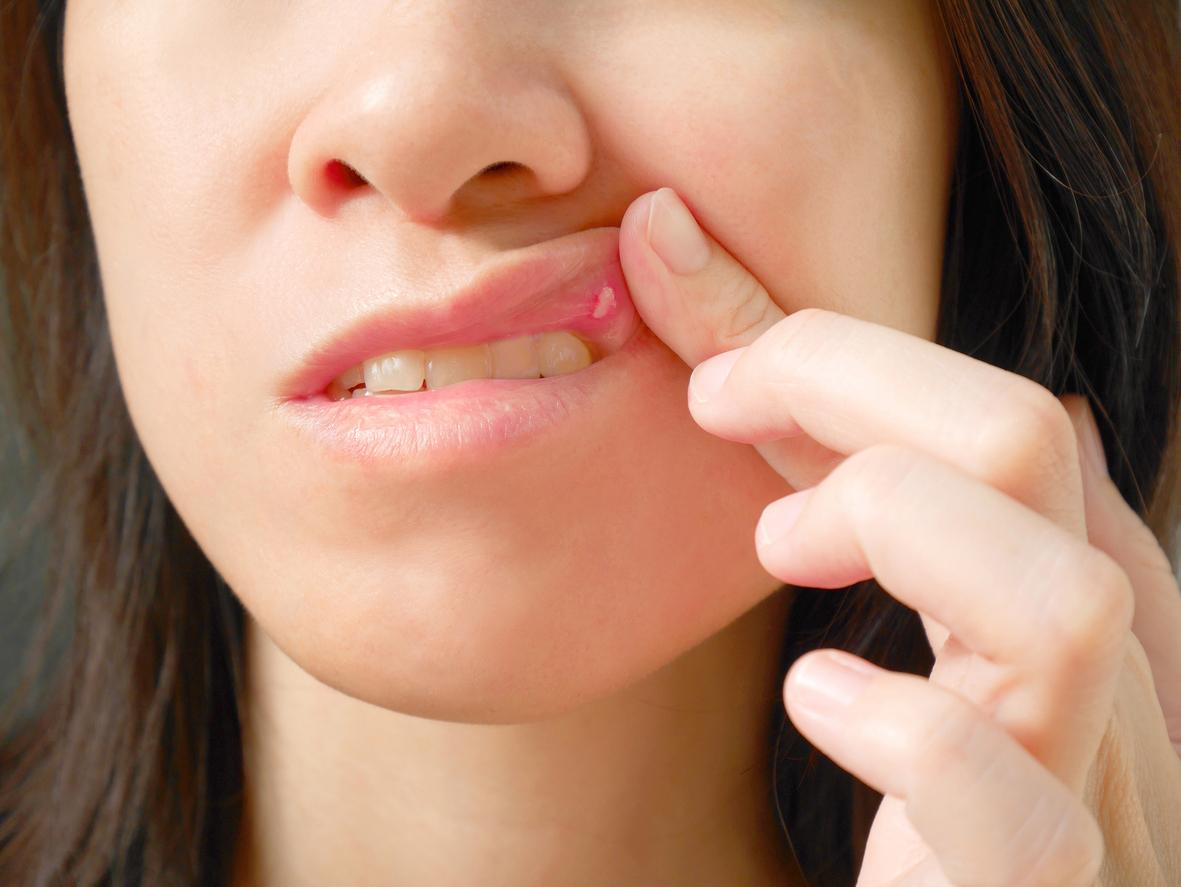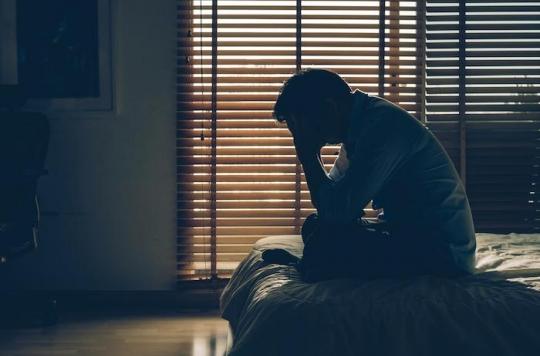
Psychotherapy is effective
Everyone is depressed from time to time, but often it does not affect daily life. If sadness does affect daily life, there may be depression or depressive symptoms.
How often does it occur?
13 to 15 percent of the over-50s have a depression or depressive symptoms. Twice as many women as men suffer from it.
What are the complaints?
To be diagnosed with depression, at least five of the following symptoms must occur every day for at least two weeks: depressed mood, no pleasure or interest in things that were previously interested, significant weight gain or loss, insomnia or, on the contrary, sleeping a lot, restlessness or rather slowness, fatigue, the feeling of being worthless or having (unjustified) feelings of guilt, concentration problems and indecision, thoughts about death.
If there are fewer than five, but at least two complaints, and the gloom has a negative influence on daily life, then it concerns ‘depressive complaints’.
Does it come with getting older?
No, it occurs at all ages. However, it is mainly middle-aged people who suffer from gloom.
What if you don’t do anything about it?
Untreated depression (or untreated depressive symptoms) becomes more difficult to treat. It can go away on its own, but treatment can ensure that the symptoms disappear faster.
What can the doctor do?
A new guideline has just been published for the treatment of depression and depressive symptoms. It states that preferably a (short-term) psychological treatment should be given first, and that medication should only be tried if that does not work.
Psychotherapy appears to be more effective than medication in the long run. In the short term, it is equally effective. After ten to fifteen sessions of psychotherapy, about 70 percent of patients no longer meet the diagnosis of depression. For people with depressive symptoms, the success rate of a form of psychotherapy is also about 70 percent.
|
€19.95 |
Sources):
- Plus Magazine









 Care book Manic Depressive Disorder
Care book Manic Depressive Disorder







